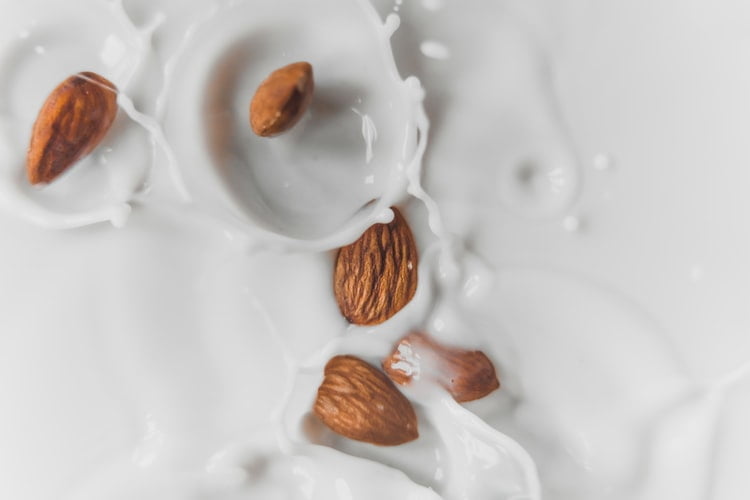If You Have Lactose Intolerance, You Should Eat Carefully
Anyone who is lactose intolerant has difficulty digesting the sugar lactose is made from milk. The presence of this element in milk and many other dairy products indicates that they are rich sources of vitamin D. You will discover that many individuals are sensitive to lactose since it is such a fundamental kind of sugar. Because, as we get older, it becomes much more difficult to digest lactose. Even if lactose is not well digested, it will not cause any health issues. Nevertheless, you may have unpleasant symptoms, such as nausea, diarrhea, discomfort, bloating, and gas. If you have been experiencing any of these symptoms, continue reading to learn more about some of the various approaches you may take to alleviate the unpleasant sensations you are now experiencing.
Lactose intolerance causes difficulty digesting lactose. This is a component of milk and other dairy products. It is a basic sugar, and many people are lactose intolerant. This is because lactose becomes more difficult to digest as we age. Lactose that isn’t digested properly can cause symptoms like nausea, diarrhea, pain, bloating, and gas. If you’ve been having these symptoms, keep reading to learn how to alleviate your discomfort.

Take A Lactose Digestive Supplement
Take a supplement designed to help you enjoy dairy again. Leaving Lactose’s lactase enzyme is a good example. Rather than denying yourself your favorite foods, like a creamy dessert or a cheesy meal, you can enjoy them by improving your lactose digestion.
Set a Limit
Many lactose-intolerant people believe they can’t drink or eat anything dairy-based. No. Many people with lactose intolerance can drink or eat small amounts of dairy products without symptoms. It makes sense to keep track of your intake to determine your own personal limit. Everyone is unique. Notate your symptoms as they occur. You can then compare your symptoms to what you ate to determine your tolerance.
Calcium-Rich Foods
Naturally, many people will reduce their intake of lactose-containing foods, i.e. dairy products. If you eat less dairy, you may get less vitamin D and calcium. So you must eat other foods rich in these. Consult your doctor about taking vitamin D or calcium supplements. But you can eat more calcium-rich dairy-free foods like oranges, rice drinks, soy drinks, calcium-fortified orange juice, sesame seeds, almonds, navy beans, pinto beans, soybeans, tofu, and soy sprouts.

Learn how to reduce your symptoms when You Have Lactose Intolerance
There are several ways to reduce lactose intolerance symptoms. So learning about it is a good start. Trying to eat ice cream, butter, and milk all at once is probably not the best idea. You can also take the lactose enzyme tablets mentioned above. Consider substituting lactose-free milk (almond or soy) or fruit juice for some or all of the milk in recipes. Consume foods with active cultures, such as yogurt. Active cultures help you digest lactose. Whenever possible, choose lactose-free or low-lactose products. There are numerous options. You don’t have to stop eating lactose completely, but substituting wisely when you can help.
Avoid Cheese
Aside from the above advice, we also have some tips for you when it comes to cheese consumption. If you can’t live without cheese, stick to the hardier varieties. Choose cheddar cheese over cottage cheese. Lactose is water-soluble and is found in the whey, which is runny, rather than in the curds. Hard cheese is made with curds, while soft cheese is made with whey. So it makes sense to eat the former.

Eat A Lot Of Yogurts
Many people believe that yogurt will exacerbate their intolerance, but this is untrue. Lactase is an enzyme that lactose-intolerant people lack. The lactose in milk is probably broken down by bacteria. You must precisely consume yogurt. We recommend plain yogurt. Remember that frozen and regular yogurt is not the same! The former is more like iced milk, so stick with the regular. Regular yogurt consumption and choosing fat-free varieties can also help.
Always Drink Milk With A Meal
Many people have noticed that their symptoms subside when they eat dairy with meals. So eating something with your milk can help – a perfect excuse for cookies! While this may not work for everyone, many people report that a glass of milk with food helps to alleviate symptoms.
As you can see, there’s a lot to consider when You Have Lactose Intolerance. We hope that the above information will help you digest lactose more easily, allowing you to eat more comfortably and avoid the symptoms we discussed. It can truly change your life!

